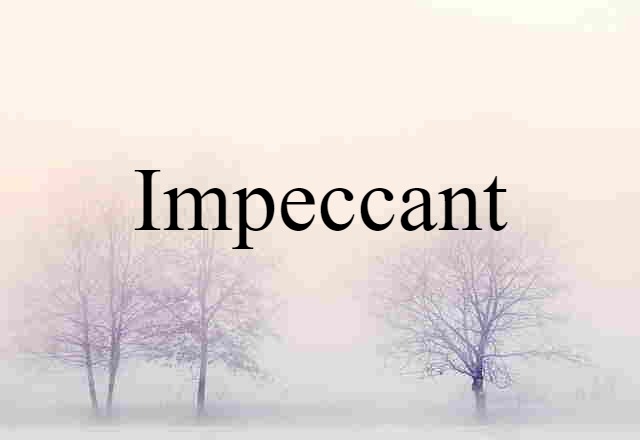- an official who examines books, plays, news reports, motion pictures, radio and television programs, letters, cablegrams, etc., for the purpose of suppressing parts deemed objectionable on moral, political, military, or other grounds.
- any person who supervises the manners or morality of others.
- an adverse critic; faultfinder.
- (in the ancient Roman republic) either of two officials who kept the register or census of the citizens, awarded public contracts, and supervised manners and morals.
- (in early Freudian dream theory) the force that represses ideas, impulses, and feelings, and prevents them from entering consciousness in their original, undisguised forms.
- to examine and act upon as a censor.
- to delete (a word or passage of text) in one's capacity as a censor.
- a person authorized to examine publications, theatrical presentations, films, letters, etc, in order to suppress in whole or part those considered obscene, politically unacceptable, etc
- any person who controls or suppresses the behaviour of others, usually on moral grounds
- (in republican Rome) either of two senior magistrates elected to keep the list of citizens up to date, control aspects of public finance, and supervise public morals
- the postulated factor responsible for regulating the translation of ideas and desires from the unconscious to the conscious mind
- to ban or cut portions of (a publication, film, letter, etc)
- to act as a censor of (behaviour, etc)
















